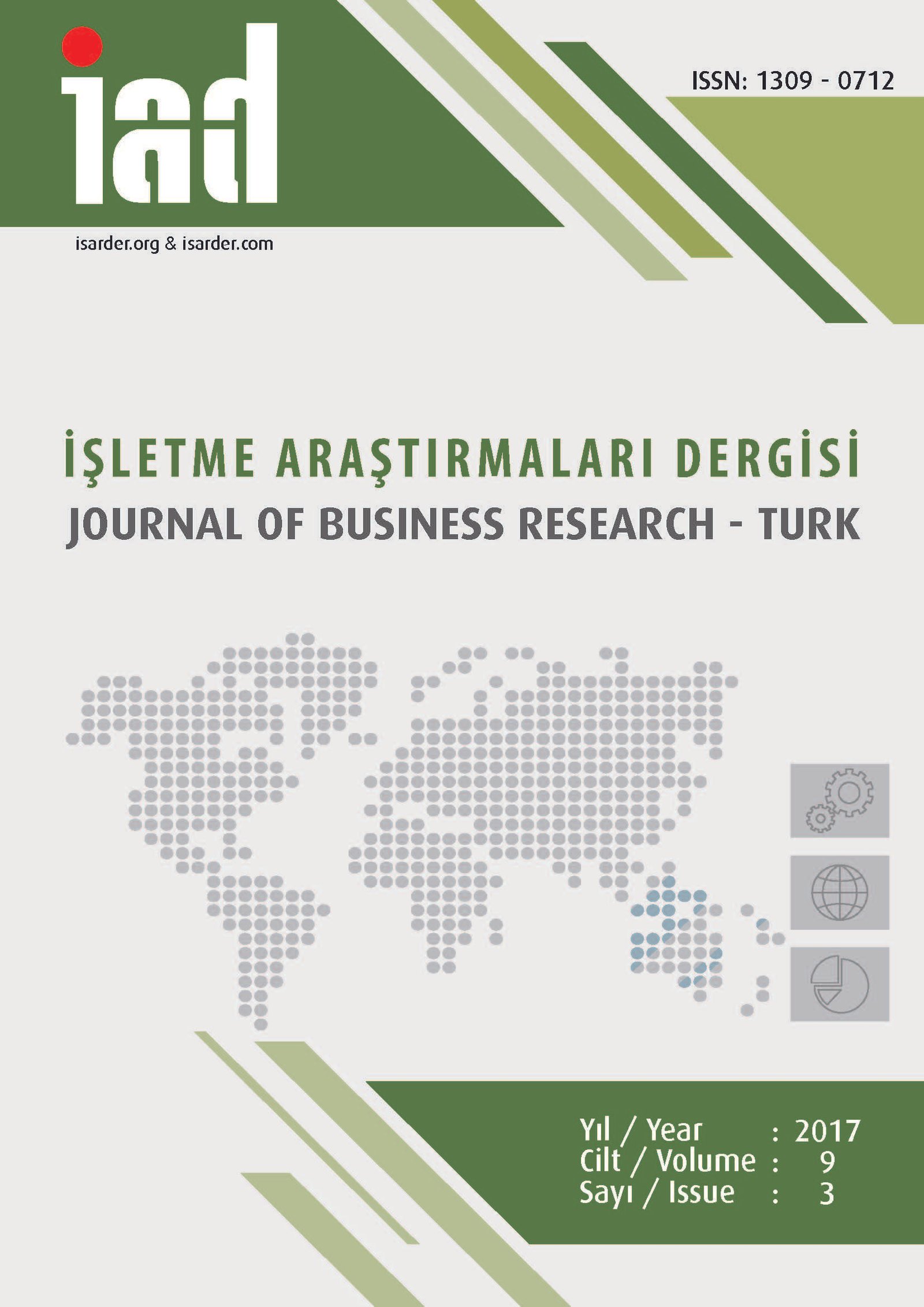An Efficiency Evaluation Model for Academic Faculties of a Leading University by Data Envelopment Analysis
Anahtar Kelimeler:
data envelopment analysis- efficiency- academic facultiesÖzet
Data envelopment analysis (DEA) is a linear programming based data analytic method for measuring the relative efficiency of organisational units where the presence of multiple inputs and outputs makes comparisons difficult. Academic departments have critical importance for a university so we agree to research and compare about academic faculties in a leading university in Turkey. The aim of the study is to measure the relative efficiency of the academic faculties and determine the efficient/inefficient ones in the studied university. 12 faculties of the university are investigated within the scope of this study. The input variables are considered as total number of academic staff, total number of non-academic staff, number of students and the output variables are as number of publications, number of projects and the percentage of budget used. While results of CCR model show an average of 90.5% relative efficiency value, five faculties are found 100% efficient according to the CCR model. According to BCC model, the results have an average of 93.7% and 6 faculties are 100% efficient. In terms of the potential improvements evaluated for each inefficient faculty, it is seen that faculty of mechanical engineering and faculty of civil engineering are the ones requiring the most improvement. This paper contributes to the literature a lot however it is a new and proper study on efficiency analysis of faculties of a Turkish university. On conclusion of the DEA efficiency scores, the existence of misallocation of resources or/and inefficient applications to the faculties’ academic development are uncovered.
İndir
Yayınlanmış
Nasıl Atıf Yapılır
Sayı
Bölüm
Lisans

Bu çalışma Creative Commons Attribution-NoDerivatives 4.0 International License ile lisanslanmıştır.





